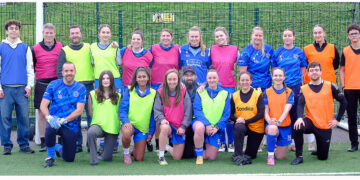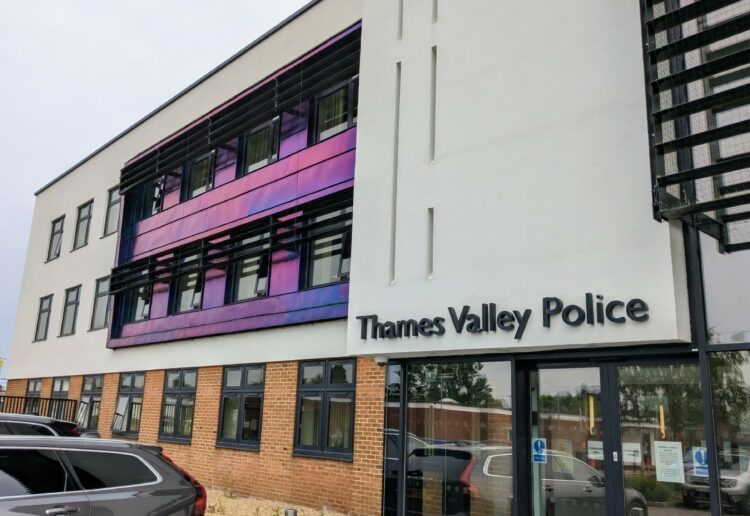THAMES Valley Police is putting spiking under the spotlight this week as it marks a national week of action.
The National Police Chief’s Council is leading the initiative taking place between September 16-22, which will see an intensification of spiking prevention measures and improvement in police investigation into spiking.
In Thames Valley, extra patrols will be included as part of Project Vigilant, which sees a combination of uniformed and plain-clothes officers carrying out patrols around nightclubs and venues.
Bespoke observation training helps officers identify people who may be displaying signs of predatory behaviour.
It will also see extra engagement with venues and staff and encouragement to take part in the Ask for Angela.
The initiative is a national scheme which provides a method of supporting those who feel unsafe or uncomfortable on a night out or when meeting others in public venues.
It allows customers to make a discreet request for assistance so that they can be helped out of the situation safely by staff.
Spiking is when somebody puts alcohol or other drugs into another person’s drink or body without their knowledge or consent.
It can be perpetrated through needles, vapes and cigarettes, or even food.
Depending on the substance used, common symptoms of someone who has been spiked include a sudden change in behaviour, such as becoming very intoxicated very quickly, dizziness or loss of balance, difficulty talking or concentrating, blurred vision, and nausea or vomiting.
The best precaution against spiking is to avoid leaving drinks unattended and avoid accepting drinks from strangers.
Drugs generally used to spike people pass through the victims’ systems quickly, so early reporting and testing is key.
Thames Valley Police and Crime Commissioner Matthew Barber said: “Being spiked can be a frightening experience and can make victims vulnerable to other crimes.
“I recently joined a Project Vigilant deployment in Newbury, witnessing first-hand how this pioneering approach is working to disrupt predatory behaviour and help prevent sexual violence in our night time economy.”
He explained: “Intensification weeks such as this week’s on spiking are important in bringing operational focus to certain crimes, but creating safer spaces in our night time economy and tackling Violence Against Women and Girls is a year-round priority for Thames Valley Police.
“Year-round support is also available for victims of all types of VAWG, including spiking, via my Victims First service.
“Help is free and can be accessed regardless of when the crime was committed or whether it was reported to the police.
“I would encourage anyone in Berkshire, Buckinghamshire, Oxfordshire or Milton Keynes needing support to contact our team of specially trained advisors on 0300 1234 148.”
Members of the public are encouraged to report it to the police as soon as possible, and reminded that having illegal drugs in their system shouldn’t stop them from reporting the crime.
It is not an offence to have illegal drugs in your system, unless driving, and earlier reporting maximises the chance of capturing critical evidence.
More information and reporting a case of spiking are available via: thamesvalley.police.uk/ro/report/report-spiking
If a crime is in progress, call 999.

















































